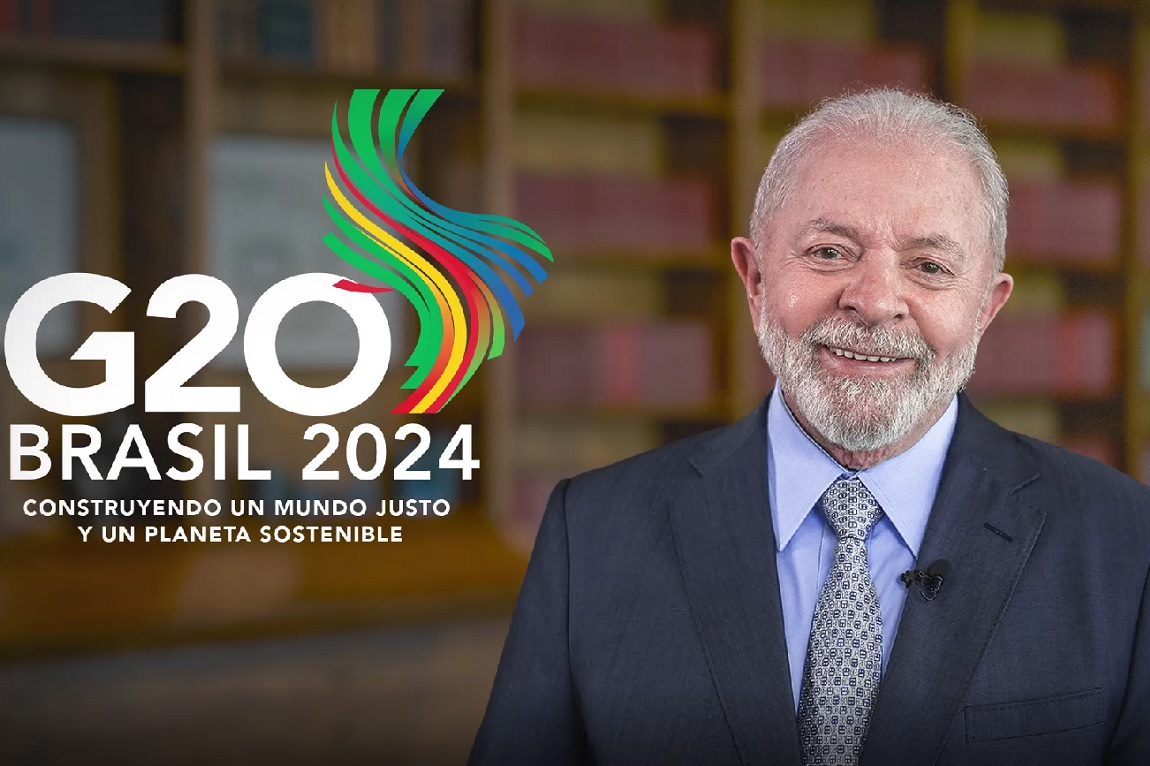
By Roberto Morejón
The Brazilian government, a tenacious promoter of the reduction of food vulnerabilities in the South American country, promoted an agreement in this sense, with global projection, in the Group of 20.
At a meeting in Rio de Janeiro of representatives of the world's 20 largest economies, Brazil reiterated the need to create a general alliance against hunger and poverty.
In reality, the government of President Luiz Inacio Lula Da Silva insisted on the plan he had already put forward when he assumed the rotating presidency of the G-20 last December.
Brazil proposed to the richest nations and big businessmen to finance actions against starvation and the most destitute.
The proposal is emphasised when studies by international organisations speak of the imperative of a fund of 78 billion dollars a year to achieve the goal of reducing poverty on the planet by 2030.
This would be in line with the Sustainable Development Goals set by the UN, although international tensions, economic problems arising from conflicts, the aftermath of the pandemic and inequality between the industrialised North and the South complicate the procedures.
An analysis by the FAO, the Food and Agriculture Organisation of the United Nations, indicates that in all latitudes more than 735 million people suffer from hunger.
If the Brazilian government's proposal, repeated before the G-20 foreign ministers, were to become a reality, it could be related in some way to the steps taken by CELAC, the Community of Latin American and Caribbean States, to encourage the fight against hunger in the region.
Head of State Luiz Inacio Lula Da Silva has been a staunch supporter of reducing his country's food needs during his two previous terms in office and now in his current one.In his first year, Lula's government signed an agreement to strengthen the promotion of adequate and healthy food in schools.
Under Lula's leadership, Brazil is in favour of resuming South-South cooperation, with a special focus on exchanges aimed at food security.At a time when hunger is reluctant to return to pre-COVID-19 levels, it is encouraging that leaders like Lula Da Silva are urging those who have the most to remember the least advantaged.

